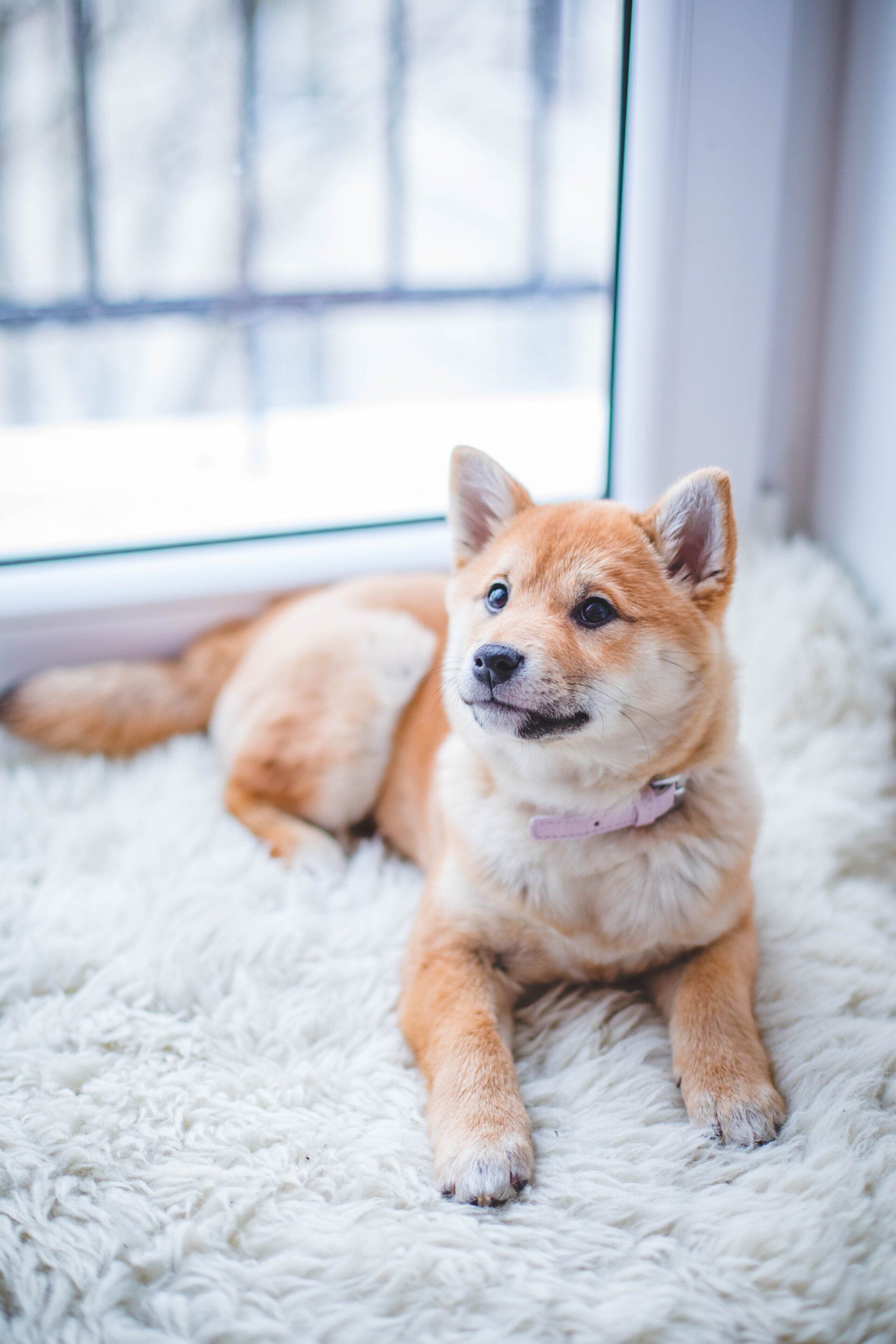Allergies in Dogs and Cats
What You Need to Know

Just like humans, dogs and cats can have allergies. Allergies are an overreaction of the immune system to a harmless substance, called an allergen. Allergens can be found in the environment, such as food, pollen, and dust mites.
Common allergies in dogs and cats
The most common allergies in dogs and cats are:
- Food allergies: Food allergies can develop to any ingredient in a pet's diet, but the most common allergens are beef, chicken, dairy, eggs, and wheat.
- Environmental allergies: Environmental allergies are caused by allergens in the air, such as pollen, dust mites, and mold.
- Flea allergy dermatitis: Flea allergy dermatitis is a skin condition caused by an allergic reaction to flea saliva.
Symptoms of allergies in dogs and cats
The symptoms of allergies in dogs and cats can vary depending on the type of allergy. However, some common symptoms include:
- Skin problems: Itchy skin, redness, inflammation, and hair loss are common symptoms of allergies in dogs and cats.
- Respiratory problems: Sneezing, coughing, and wheezing can be symptoms of allergies in dogs and cats.
- Digestive problems: Vomiting, diarrhea, and weight loss can be symptoms of food allergies in dogs and cats.
Diagnosing allergies in dogs and cats
If you suspect that your dog or cat has an allergy, it is important to take them to the vet. The vet will perform a physical exam and ask you about your pet's symptoms and medical history. They may also recommend blood tests or skin tests to diagnose the allergy.
Treating allergies in dogs and cats
Once the vet has diagnosed your dog or cat's allergy, they will develop a treatment plan. Treatment options may include:
- Dietary modification: If your pet has a food allergy, the vet will recommend a diet that excludes the allergen.
- Medication: The vet may prescribe medication to help control your pet's allergy symptoms.
- Allergy shots: Allergy shots can be used to desensitize your pet to the allergen.
Preventing allergies in dogs and cats
There is no way to completely prevent allergies in dogs and cats. However, there are a few things you can do to reduce the risk of your pet developing allergies:
- Feed your pet a high-quality diet. A high-quality diet can help to boost your pet's immune system and reduce their risk of developing allergies.
- Keep your pet's environment clean. This includes vacuuming and dusting regularly, and washing your pet's bedding in hot water once a week.
- Bathe your pet regularly. This will help to remove allergens from their fur.
- Flea and tick prevention: Flea and tick prevention is important for all pets, but it is especially important for pets with flea allergy dermatitis.
If you have any questions or concerns about allergies in dogs and cats, please talk to your vet.













